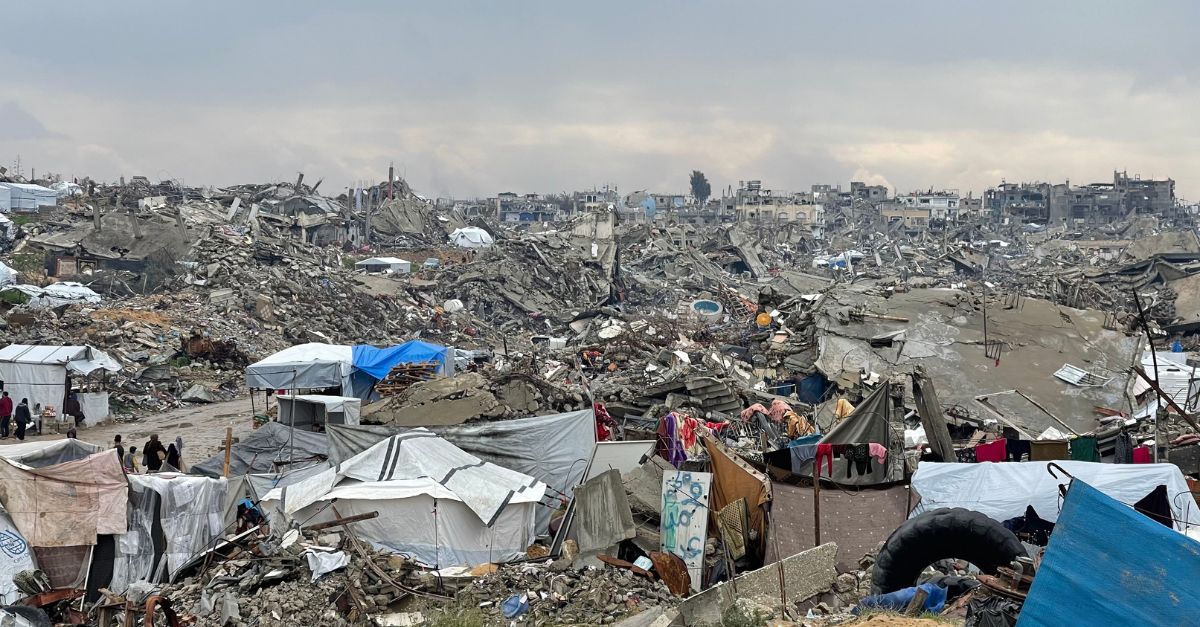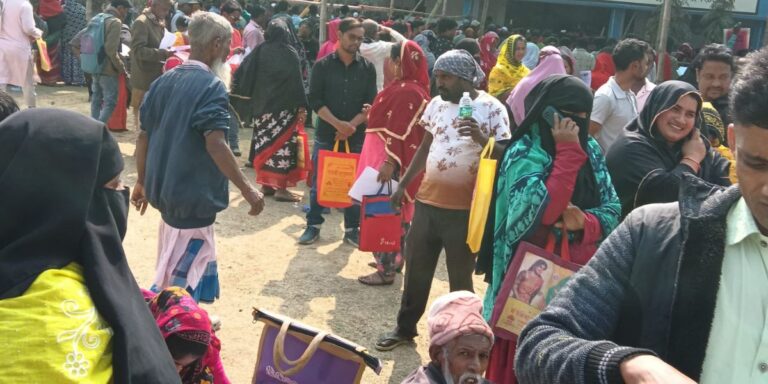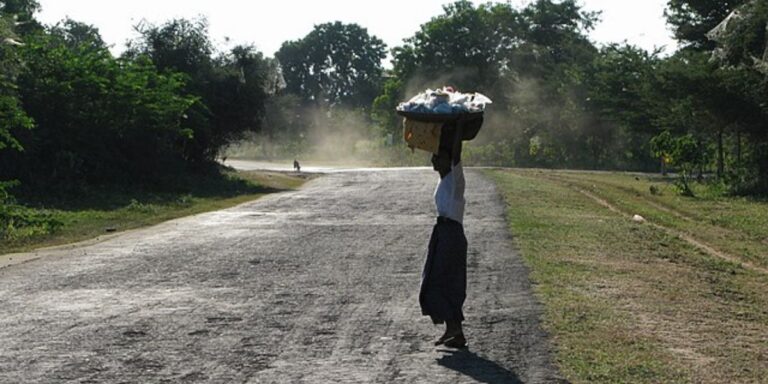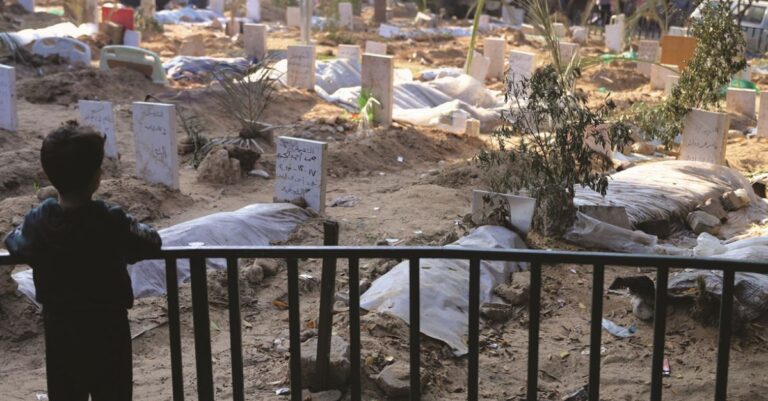I saw Adorno in Gaza.
It was hard to walk on the roads.
he insisted on calling them roads,
but to me, rubble and path
bore no distinction.
He noticed toys,
I noticed toes.
He revisited his old sentence:
‘to write poetry after Auschwitz is barbaric.’
My words echoed it back,
like slogans scrawled by children
on the walls of a school.
Even those slogans
had become a palimpsest.
And palimpsest, I thought,
was another word for Palestine.
He watched the timepiece of reason,
how bodies became shadows
through calculation,
through instruments.
Yet he still believed
Auschwitz was greater suffering.
Ah, how neatly he quantified pain.
He knew the voices that rose for Auschwitz.
He never trusted them.
He disliked Martin Niemöller,
the man of ‘first they came.’
Here in Gaza,
he wanted no poem
to risk speaking at all.
At Auschwitz he imagined checkpoints.
Here he found nothing,
not even glass
shattering in the night.
He once thought catastrophe
had only one name.
But here no limbs were scattered
they were folded into the geography,
absorbed by the land itself.
For him, Auschwitz
remained the last suffering.
But I told him
I would risk writing a poem.
He replied:
You won’t be able to write it.
Yes, I confessed,
I cannot.
There is no language
that can carry
the suffering of Gaza.
And finally Adorno won.




